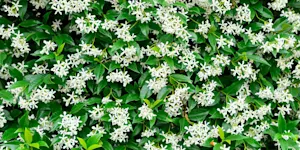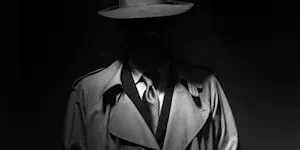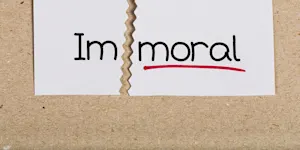What Makes This Word Tick
"Prostrate" is a fascinating word that evokes images of complete submission or physical exhaustion. It's like the advanced version of tired, where you’re not just lying down; you're utterly sprawled out, often with a sense of reverence or fatigue. Its power lies in the visual of being laid low, either by emotion, devotion, or sheer exhaustion.
If Prostrate Were a Person…
If Prostrate were a person, they'd probably be the kind of neighbor who starts a grand project, like building a garden, with gusto but is later found leaning against a tree, covered in dirt, clearly knackered. They'd appreciate the finer things but sometimes need to remind themselves to take a break and rest.
How This Word Has Changed Over Time
Once a solid descriptor for a physical position or act of humility, "prostrate" has held its ground over the centuries. Though less popular than in the past, it retains its vivid imagery, now sometimes metaphorically describing emotional overwhelm or significant duress, beyond just the physical realm.
Old Sayings and Proverbs That Use Prostrate
Proverbs about taking life's challenges lying down "prostrate" echo ancient wisdom, encouraging resilience. Though prostrate might not be a star in famous sayings, its essence permeates advice on humility and perseverance when life's trials leave you floored.
Surprising Facts About Prostrate
Did you know "prostrate" can apply equally to humans and the landscape? Ancient texts often used it poetically to describe lands laid waste. Also, while it commonly describes bodily positioning, it's historically significant in religious acts of humbling oneself.
Out and About With This Word
Prostrate can be your companion at yoga class, where it could describe a restful pose. Picture yourself sinking into the mat with child-like glee, practically prostrate in relaxation, even though the instructor might prefer the term "Savasana."
Pop Culture Moments Where Prostrate Was Used
In that iconic movie scene where the hero finally topples the villain and collapses in relief, "prostrate" would be apt. Or in literature, where a lovesick protagonist might be found prostrate from unrequited love — it's dramatic, yes, but that's entertainment for you!
The Word in Literature
Imagine "prostrate" comfortably nestled within the pages of an epic poem or a gothic novel. Writers might use it to convey utmost despair or reverence, capturing the reader's imagination with scenes of knights, saints, or the heartbroken laid low.
Moments in History with Prostrate
Envision historical leaders who were once prostrate before their adversaries, only to rise again in triumph. Such scenes have occurred across eras, where the mighty have fallen figuratively prostrate, only to stand tall once more, teaching resilience through history.
This Word Around the World
Globally, "prostrate" may take on cultural forms through similar words or gestures signifying deep respect. In Japan, the act of "dogeza," involves kneeling and bowing low to ground level, closely mirroring the sense of humility "prostrate" embodies.
Where Does It Come From?
"Prostrate" originates from Latin "prostratus," meaning 'thrown down.' This etymology vividly encapsulates its power to express both physical and emotional surrender. Just imagine it echoing through the marble halls of ancient Rome, where warriors literally and metaphorically celebrated their victories or admitted defeat.
How People Misuse This Word
People occasionally mix up "prostrate" with similar-sounding "prostate," which could lead to some rather humorous misunderstandings unless corrected. Remember, one is all about position, and the other refers to a tiny, but significant, gland in the male body.
Words It’s Often Confused With
Prostate: A gland in the male reproductive system.
Supine: Lying on the back, face up, contrasting with the facedown position of being prostrate.
Prone: Also involves lying face down but often used for readiness rather than exhaustion.
Additional Synonyms and Antonyms
Synonyms for prostrate include flat, prone, and overwhelmed, while antonyms might feature upright, resilient, and active. So, whether you're feeling fresh and sprightly or desperately need a lie down, there's a place for both!
Want to Try It Out in a Sentence?
"After the long hike, I found myself delightfully prostrate under the shade of an old oak tree, the world ebbing and flowing in the lazy afternoon breeze."
















